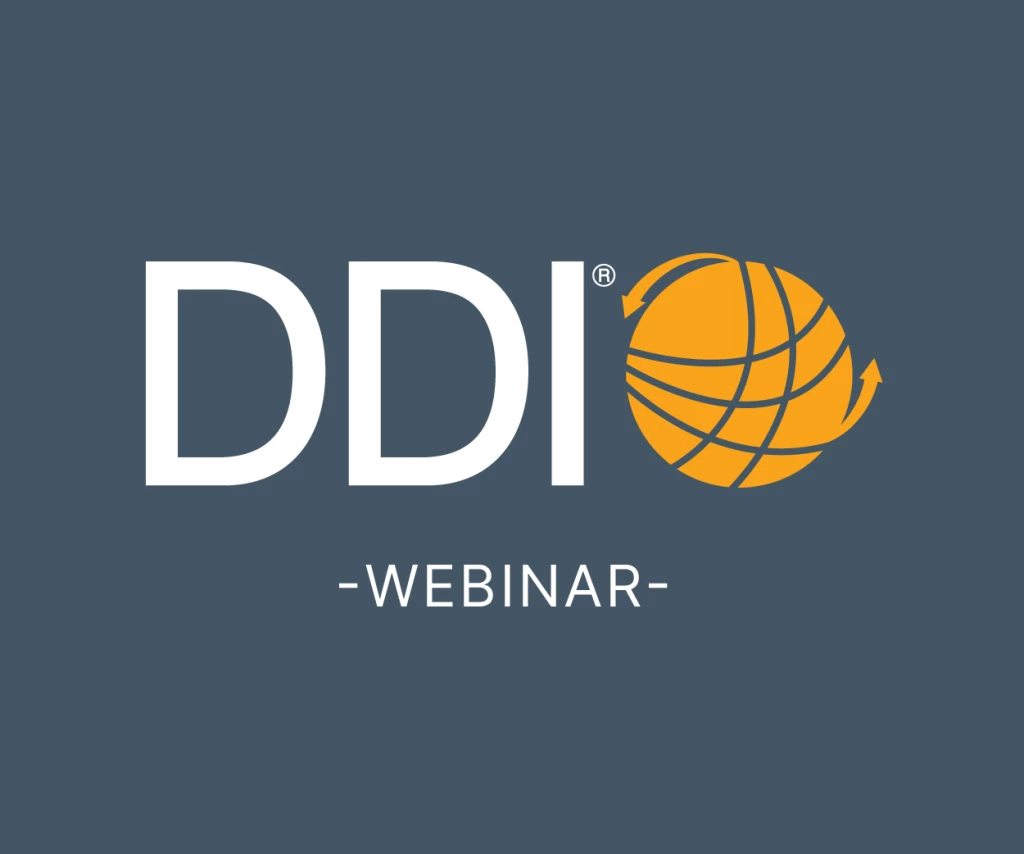Embracing Microlearning: A Paradigm Shift in Skill Development
Add bookmark
In the dynamic realm of skill development, traditional methods such as lengthy training sessions and comprehensive course materials face a significant obstacle: the decreasing attention spans and the increasing need for instant, on-demand learning. In the context of contemporary society, it is interesting to examine the way in which people engage with and assimilate information within the framework of the digital era. In light of the constant flow of concise material distributed through social media platforms and web searches, consumers have developed an inclination to absorb information in small, easily comprehensible portions. The change in how information is consumed has resulted in shorter periods of concentrated attention, presenting an increasing obstacle for learners trying to fully engage in lengthy training sessions that need ongoing attention. The current demand for effective and adaptable learning methods has led to the emergence of microlearning and bite-size learning as innovative solutions that have the potential to transform the skill development process.
The Benefits of Microlearning
Microlearning is a method of education that breaks up information into small, easy-to-digest pieces. It works well with the way people naturally think and learn. The method breaks down complicated topics into smaller, simpler-to-comprehend pieces, helping learners retain and understand information better. The real power of microlearning lies in its ability to leverage spatial learning, which is the idea that our brains process and remember information better when it's presented in small, well-organized segments that fit neatly into our mental spaces.
Consider, as an example, the way in which news headlines are consumed on social media platforms. Rather than dedicating time to reviewing lengthy publications, we choose to read small excerpts that concisely communicate the primary ideas. This phenomenon is indicative of the natural cognitive predisposition of our brains to effectively digest information through shorter, concentrated intervals. Microlearning takes advantage of this inherent inclination, making it a well-suited methodology for developing skills.
Empowering On-Demand Learning
The concept of empowering on-demand learning refers to the practice of providing individuals with the tools and resources necessary to engage in self-directed learning at their own pace.
One notable advantage of microlearning is its learner-centric approach, which allows users to conveniently access specific knowledge that is relevant to their needs at the exact moment it is needed. In contrast to conventional training approaches, which often lack such adaptability, microlearning enables learners to take on responsibility for their own learning processes. This means that individuals have the ability to access the appropriate data exactly when they face a difficulty or choose to develop their abilities, rather than being restricted by inflexible schedules that may not correspond with their own learning preferences or current needs.
Imagine a scenario where a salesperson is negotiating with a possible client, and they run into a problem they didn't expect. Instead of going through an extensive negotiation course, they can use a microlearning module that is specifically focused on the negotiation method they want to become familiar with. This “just-in-time" method not only allows them to quickly gain insights, but also helps them apply these insights directly to a real-world situation, improving their negotiation skills in a useful and immediate way.
Strengthening Skills Through Microlearning
The impact of microlearning extends beyond the introduction of new abilities, as it effectively enhances and reinforces pre-existing talents. The concise format of microlearning modules enables learners to efficiently review certain topics, which enhances their ability to remember and apply them in practical situations. The fundamental characteristic of microlearning is that it's very effective for fostering the growth of abilities, as it emphasizes the importance of regular practice and going over fundamental ideas in order to achieve competency.
Revolutionizing Negotiation Training with Microlearning
To get a sense of what this would look like, let’s consider the practical application of microlearning within negotiation training:
● The Preparation Module: Envision a negotiation training platform that features a brief microlearning module specifically designed for the purpose of preparing individuals for negotiations. Participants are exposed to a concise 5-minute film that provides insights into the importance of preparation, the key elements involved, and the numerous benefits of a carefully developed negotiating strategy. The delivery of essential information in a concise way enables learners to efficiently acquire crucial knowledge, consequently enhancing their overall learning process.
● Interactive Learning Assessment: After seeing the film, people engage in an interactive evaluation or a quick quiz. This procedure serves the dual purpose of reinforcing the knowledge presented in the film and assessing the extent to which participants understood the ideas of preparation. The use of this interactive methodology facilitates active involvement and guarantees that individuals possess a complete grasp of fundamental principles.
● Personalized Learning Path: Using people's quiz results and designated interests, the platform dynamically customizes their learning trajectory. If a participant faces challenges related to certain preparatory components, the platform has the capability to recommend an additional video that provides a more comprehensive exploration of that particular subject. The provision of specific support helps to optimize the educational experience by specifically targeting the unique learning requirements of each individual.
● Practical Application, Preparation Checklist: In the process of moving from conceptual comprehension to the application of knowledge, the platform provides users with a checklist to adequately prepare for actual negotiation scenarios based on the information they enter regarding an upcoming negotiation. This tool is therefore tailored to their needs and facilitates the connection between theoretical ideas and practical implementation, enabling participants to successfully apply what they have learned throughout the negotiation process with confidence and preciseness.
● Evaluation and Improvement of Coaching Feedback and Performance: Participants have the chance to submit their properly filled-out preparation checklists for evaluation by a negotiation coach or mentor. Participants are provided with constructive feedback and personalized advice, which allows them to improve their preparation tactics and enhance their overall negotiating performance. The mentorship program facilitates the development of a nurturing educational setting, guaranteeing ongoing improvement of skills.
To make the most of the skill-building potential of microlearning, different sites offer tools to create engaging microlearning courses. As a bonus tip, consider launching a micro-podcast or internal video channel with 2-5 minute interviews or sessions on very defined topics. This allows a user wanting to learn about overcoming budget-based objections within a short period of time to access this content when they need it. Especially now with many audio editing and video creation tools (many AI-based), you can accomplish this much faster, at a lower cost, and at a higher quality than ever before.
In conclusion, microlearning is a training strategy that is characterized by the combination of spatial learning principles, seamless accessibility, and effective skill reinforcement. This approach is dynamic and adaptive in nature. In the realm of negotiation training, microlearning exceeds conventional approaches by not only enhancing the retention of knowledge but also effectively bridging theoretical principles with practical applications. The ongoing progress of technology is expected to play a significant role in the development of platforms that specialize in creating microlearning courses. These platforms have the potential to facilitate the acquisition of skills and provide learners with the necessary adaptability, involvement, and resources required to succeed in the dynamic contemporary work landscape.


























